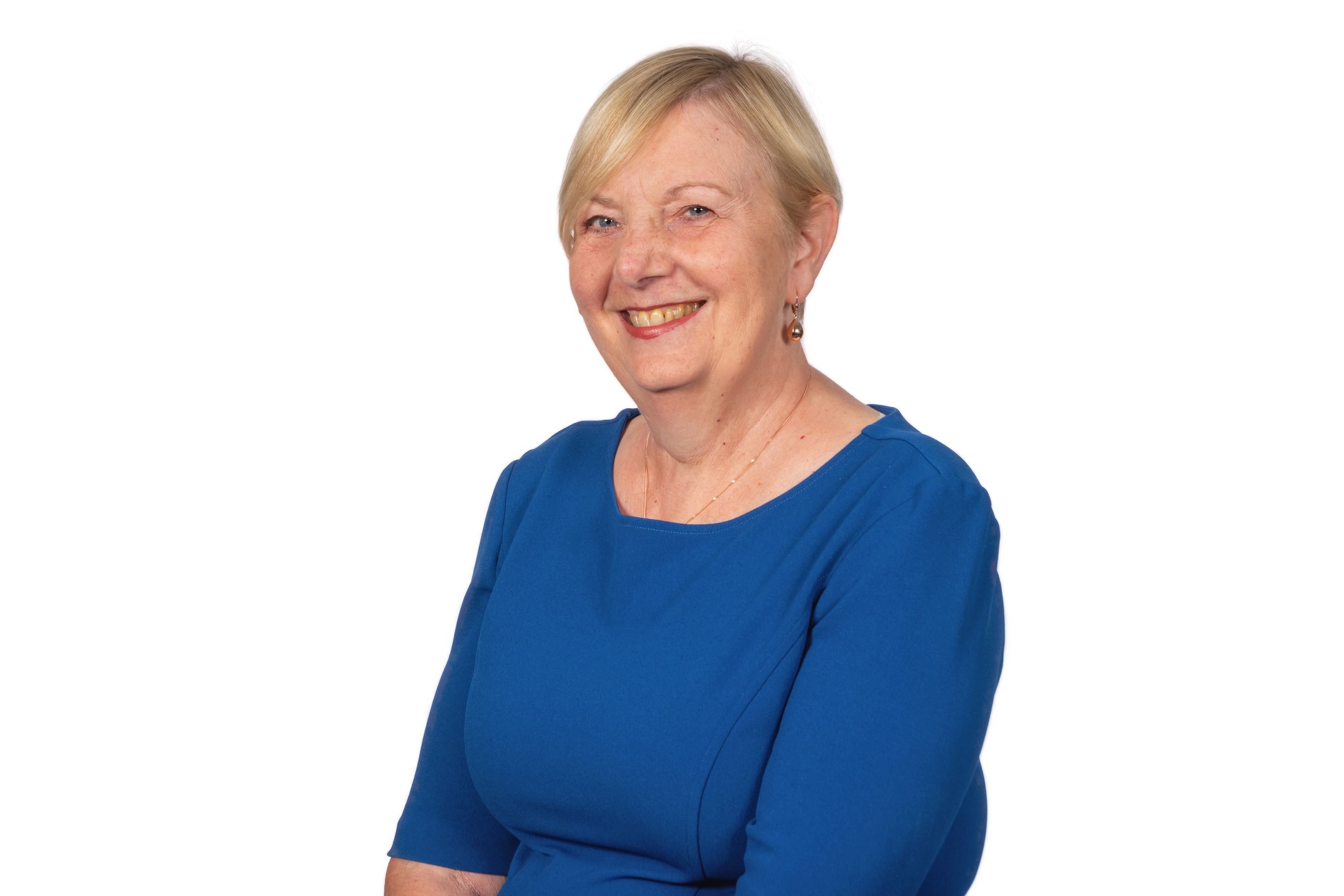A Longitudinal, Prospective Study Evaluating Fatigue and Quality of Life in Colorectal Cancer (CRC) Patients (#107)
Aims:
A prospective longitudinal study was designed to evaluate fatigue, its predictors and putative mechanisms in patients with CRC and healthy controls (HC).
Methods
Patients with localised CRC were assessed at baseline, 6, 12 & 24 months (Group 1A received chemotherapy, Group 1B none). Patients with limited metastatic CRC (Group 2) and HC were assessed at the first 3 time points. Fatigue was defined as standardized FACT-F fatigue scores ≤68/100. Quality of life (QOL), affective and cognitive symptoms were evaluated. Blood tests included haemoglobin, cytokines, sex hormones & CEA. Associations were sought with fatigue. Regression analyses assessed fatigue at each time point and change from baseline.
Results:
362 CRC patients (median age 59 [23-75]; 62% male) and 72 HC were assessed. Baseline fatigue was higher in CRC patients than HC (55% vs 26%, p <0.001) with no difference in Group 1 by stage of disease, or in Group 1A patients evaluated pre-(neoadjuvant group) or post-surgery. Fatigue was greatest at 6 months in those who received adjuvant chemotherapy (Group 1A 70% vs Group 1B 31% [p<0.001], HC 22%); greater after oxaliplatin than 5-fluorouracil. At 12 months fatigue was greatest in those who had received chemotherapy (Group 1A 44%, Group 2 62%) with no difference between Group 1B and HC (30-31%). At 24 months fatigue remained higher in Group 1A (39%) than 1B (24%). Fatigue was associated with QOL, affective & cognitive symptoms. Baseline fatigue, comorbidities, cognitive & affective symptoms and poorer QOL were prognostic for increased fatigue at 6 & 12 months. Cytokines were higher in CRC patients than HC but not consistently associated with fatigue.
Conclusions:
CRC patients have more fatigue than HC at baseline, and at 6 months was worse in those who received chemotherapy. Baseline fatigue, comorbidities & QOL predict for longer term fatigue.
 COSA 2013*
COSA 2013* 